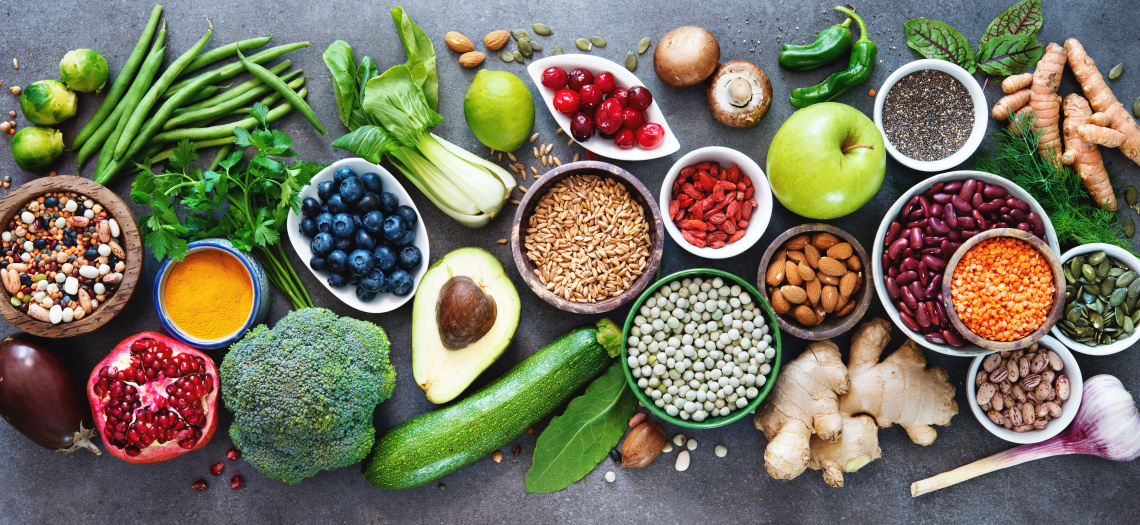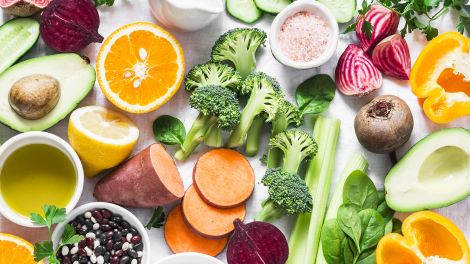BASICS OF A RAW DIET
There’s been a huge surge in advocating a raw food diet – it has become especially trendy among the younger generations. Many find the idea of this diet, or lifestyle, difficult and too much effort. On the flip side, maybe the idea of never “cooking” again sounds like a dream. But here’s some information to better understand how the raw food diet works.
What to eat.
- Fruit and vegetables, legumes and sprouted grains
- Unprocessed, canned, refined or heated above 48ºC (118ºF).
- No meat products
When foods are cooked above a certain temperature, they can lose some nutrients and valuable enzymes that help fight disease and boost digestion. In essence, raw means eating organic foods in their most natural state. Preparation of food can be done in a blender, food processor or dehydrator. It requires a fair amount of imagination and open-mindedness with the raw food diet.
WHAT ARE THE BENEFITS OF A RAW DIET?
Your body receives these foods in their most natural state, meaning that all nutrients and enzymes are intact when you finally eat them. Since your immune system and disease prevention mechanisms depend on the nutrients in fruit and veg, you run a lower risk of heart failure, stroke, certain cancers, as well as help lower blood pressure when consuming raw foods. In some cases, people have lost a few pounds as a result in the decreased calorie, low fat and low sodium content in their meals.
NEGATIVE ASSOCIATIONS WITH THE DIET.
Cooking foods can also boost other nutrients, as well as prevent certain bacteria from spreading. Additionally, while cooking vegetables might kill off some valuable nutrients, raw vegetables can often be hard to digest. It requires a fair amount of commitment and planning to avoid unbalanced and unfulfilling meals, and as a result has the potential to leave you nutritionally unbalanced.
It’s also generally unsustainable in the long term, due to nutritional insufficiency – especially for older men and women. Since there is no animal protein you’ll likely have to take various supplements. At 50 our digestive systems and over-all health are dependent on a balance of proteins and easy-to-digest vegetable-based nutrients. If you are over 50 and not already a vegetarian, ask a doctor if this is a diet change that will be beneficial or detrimental to your health.







Comments